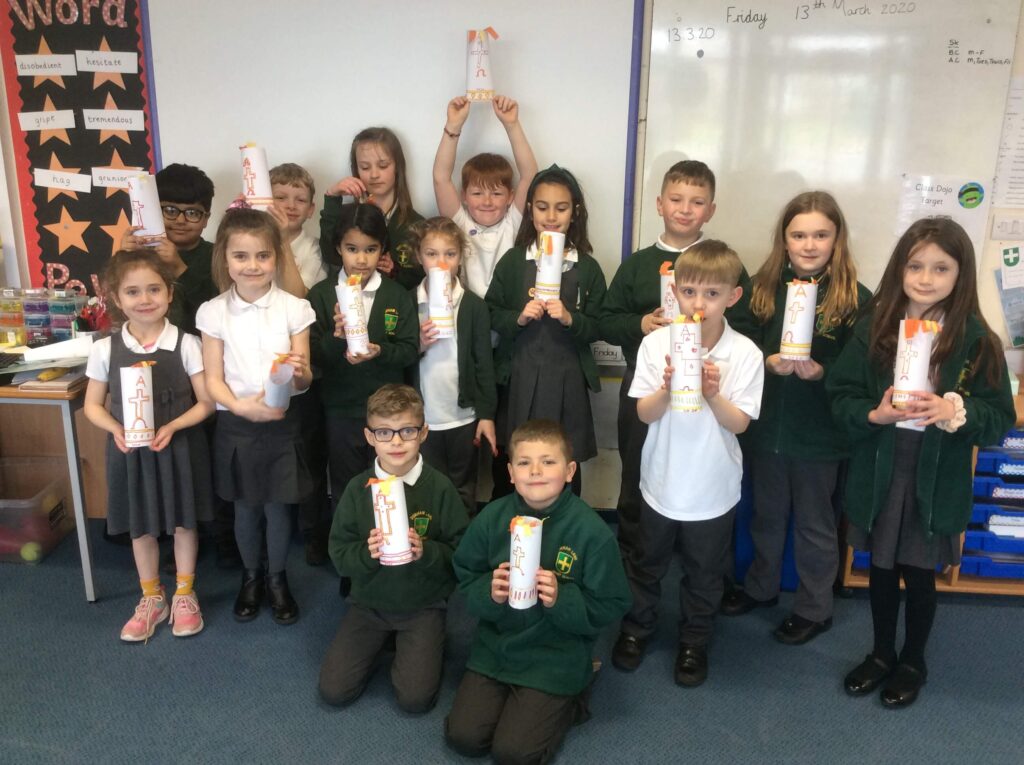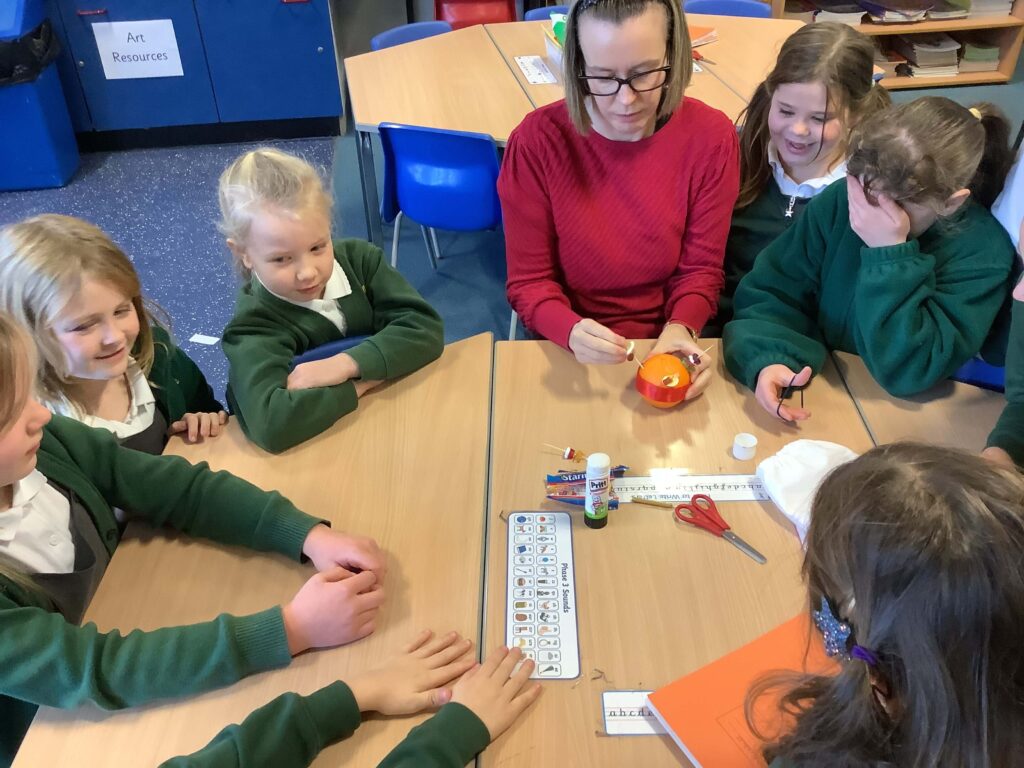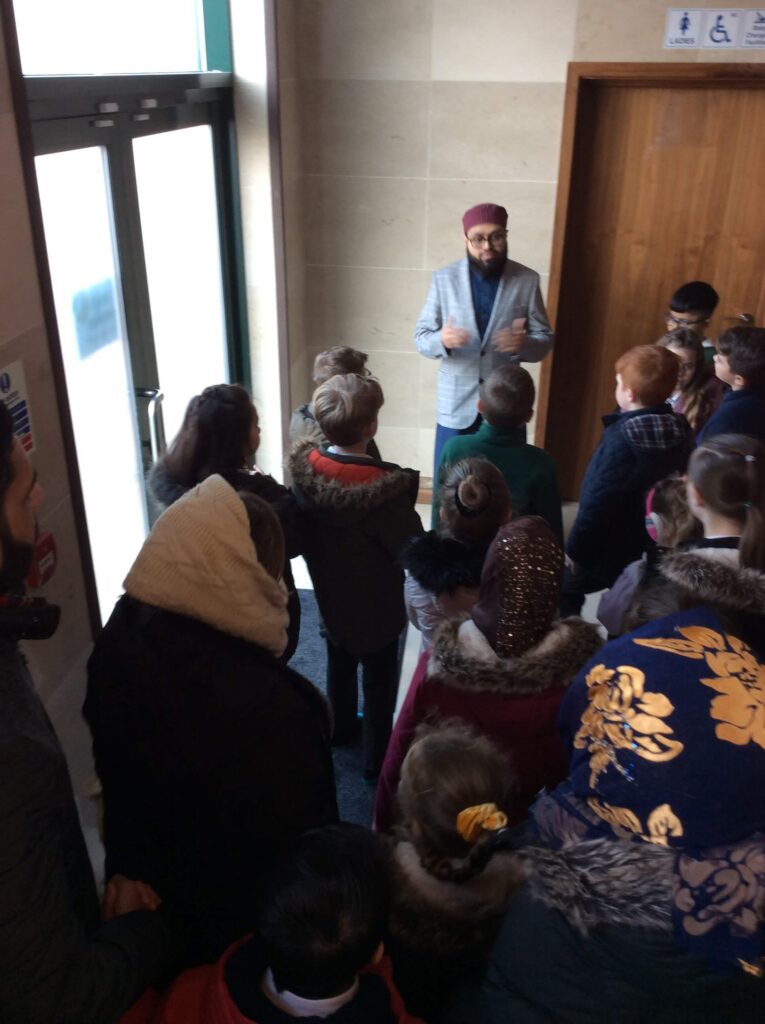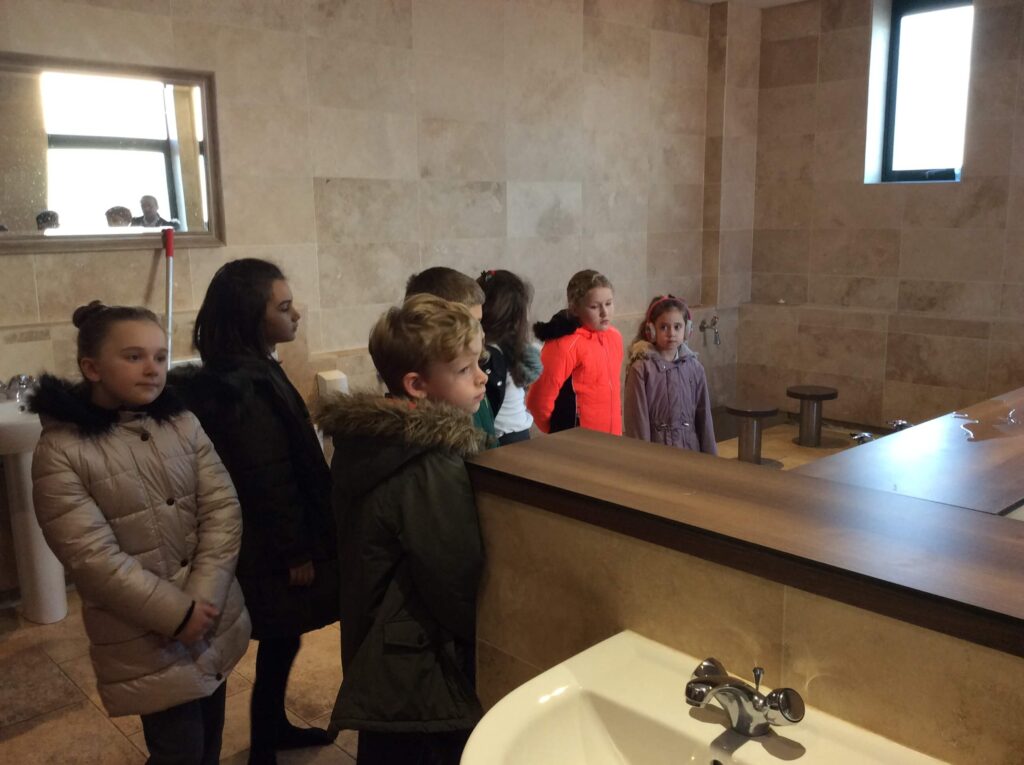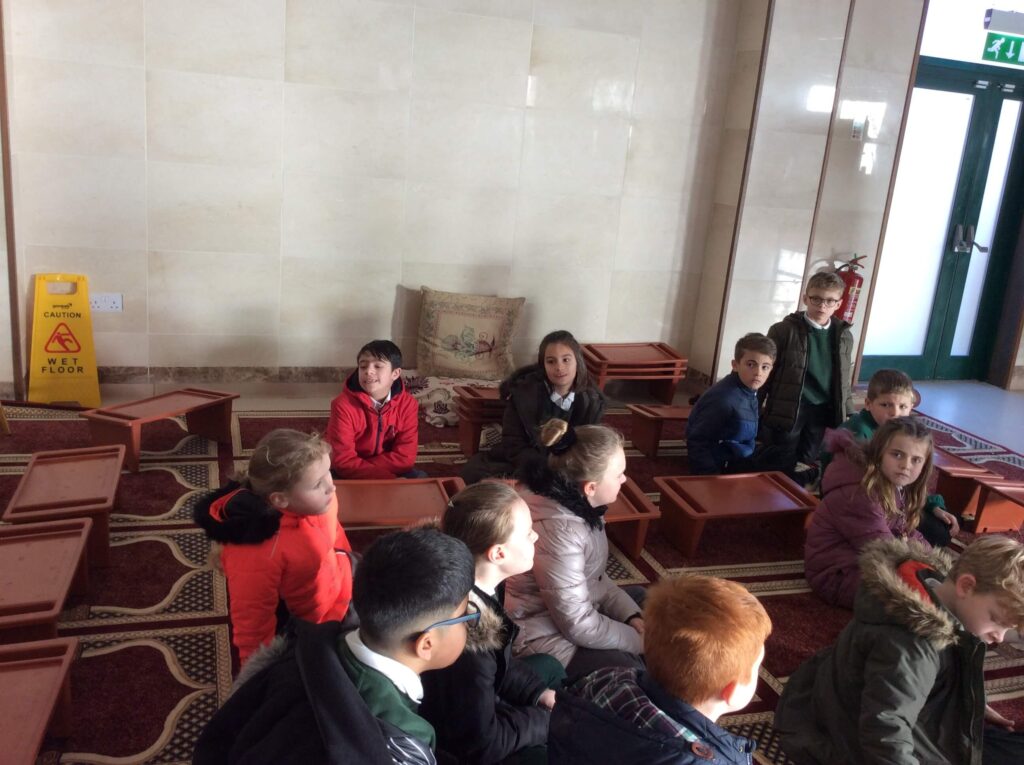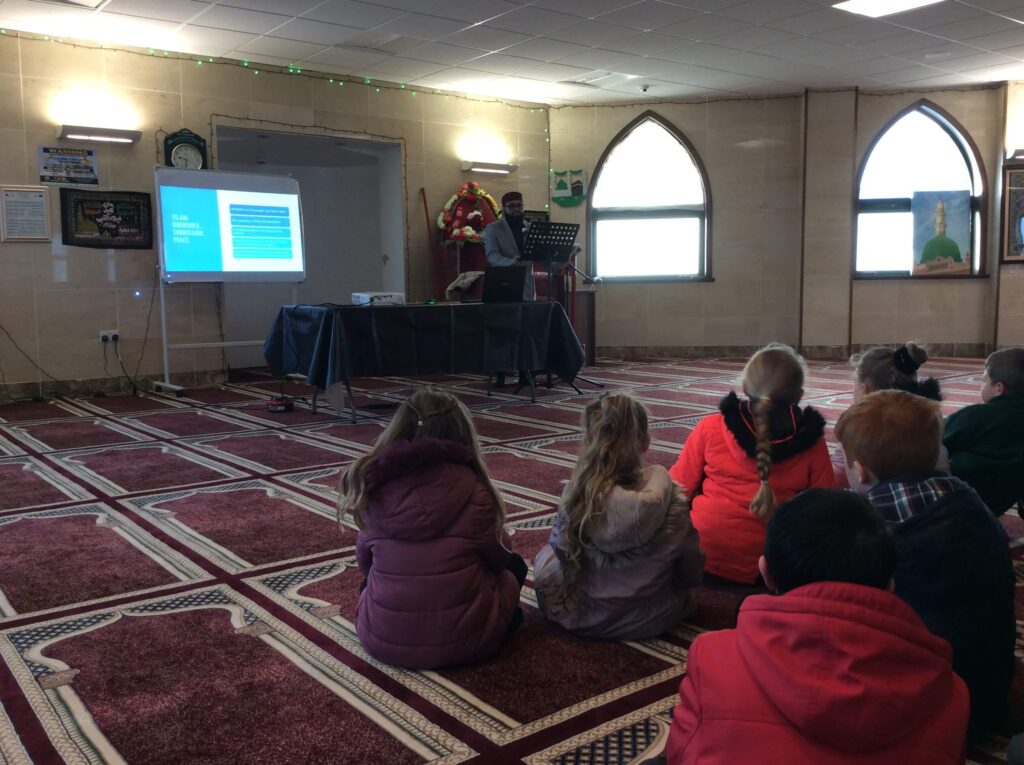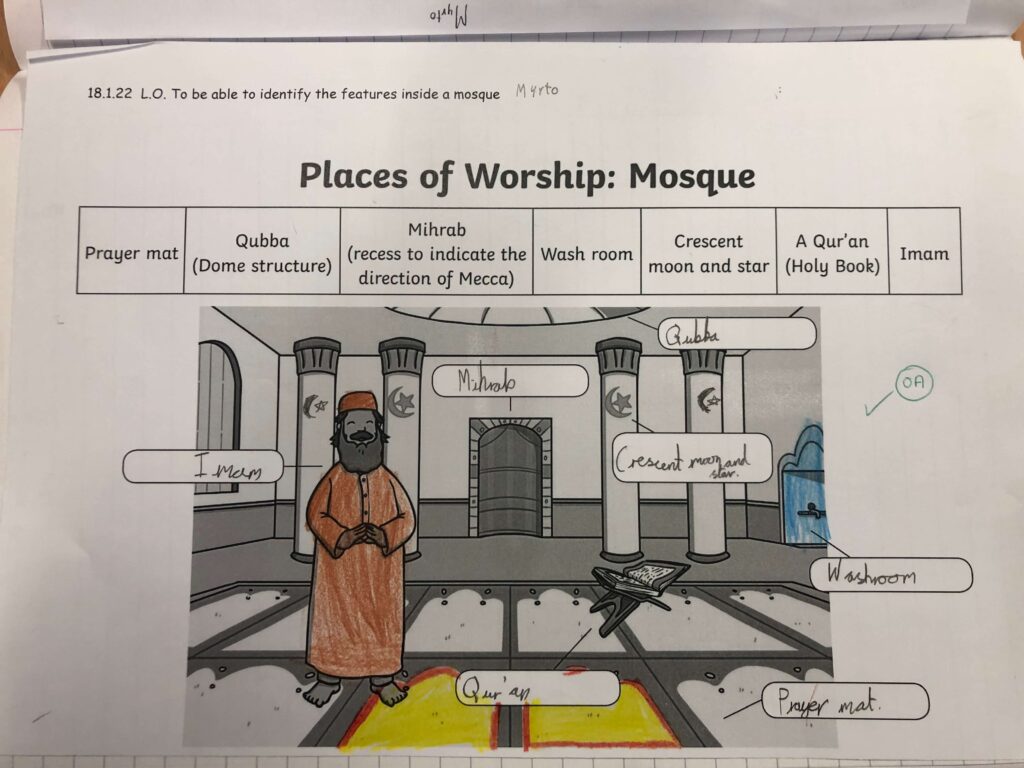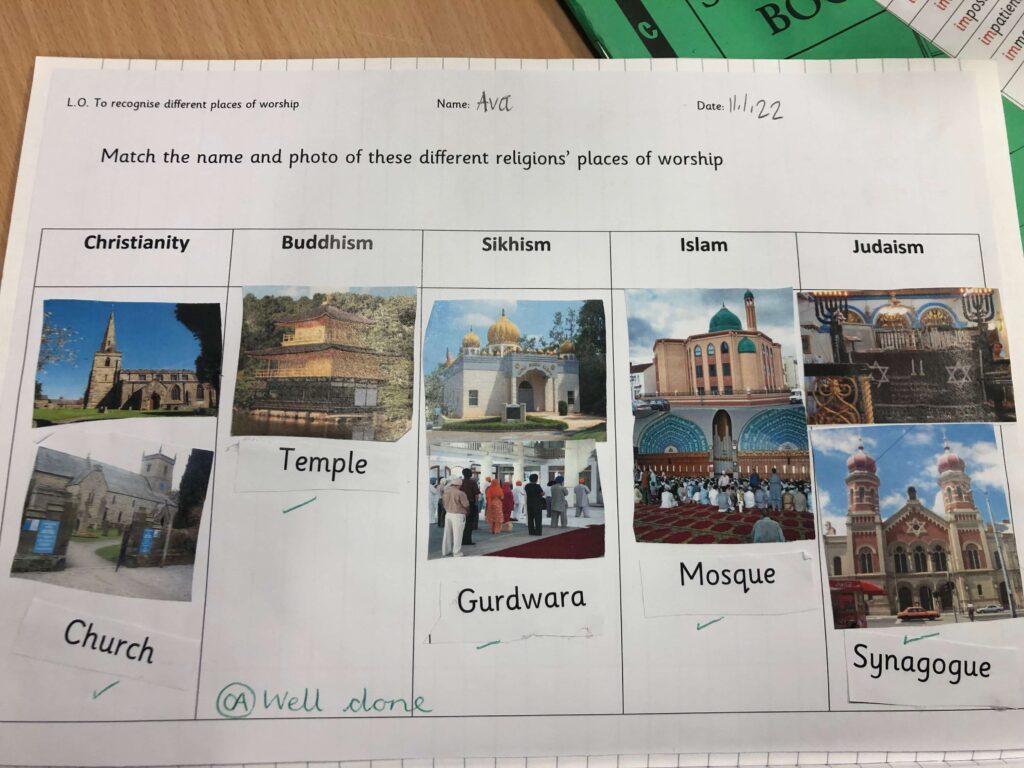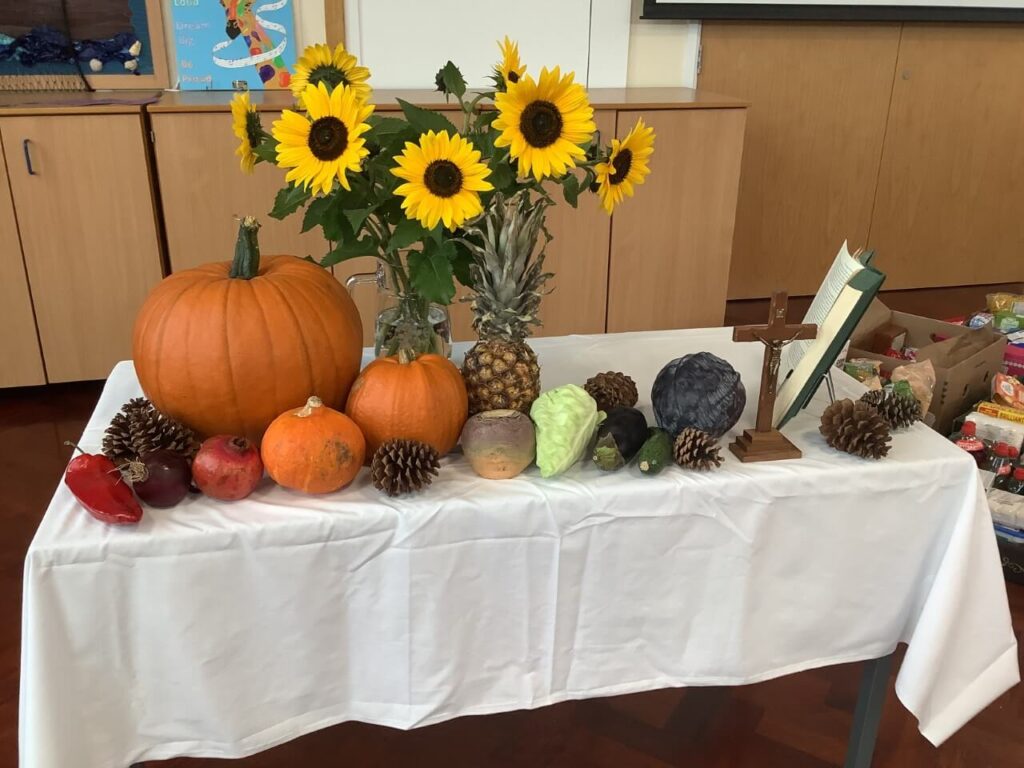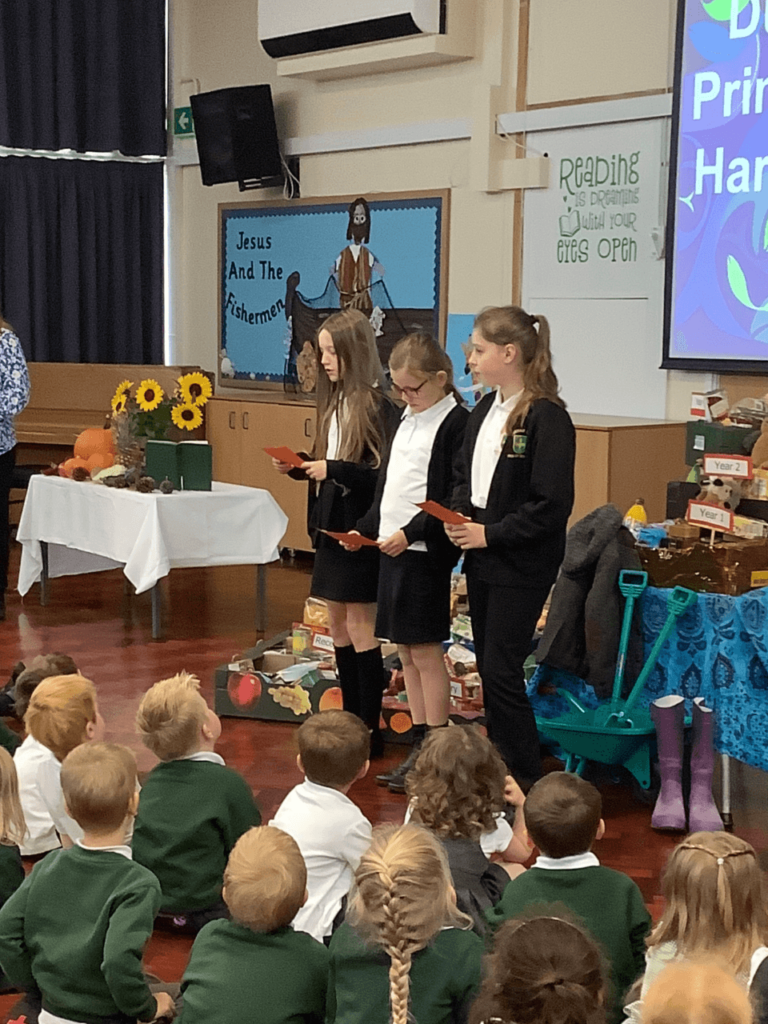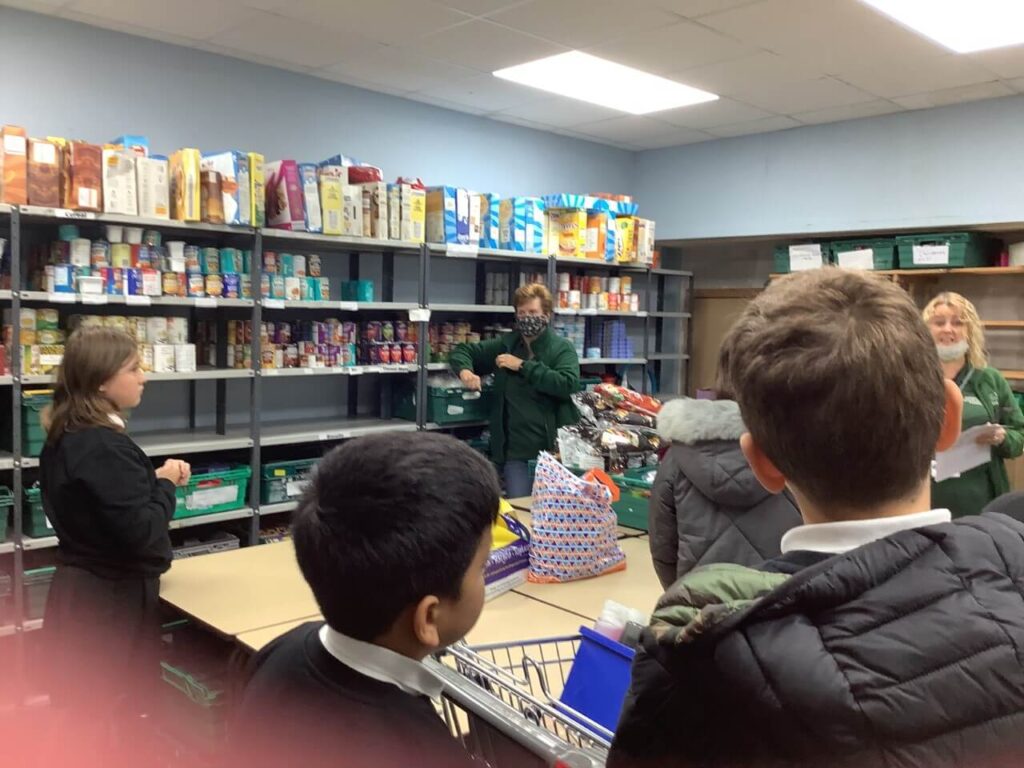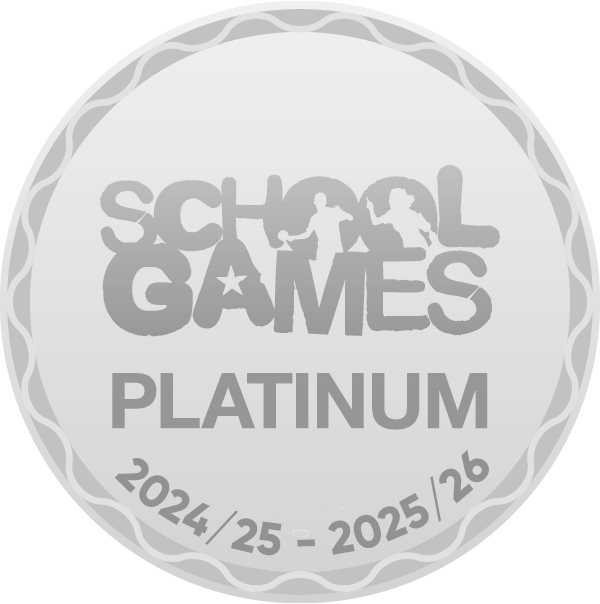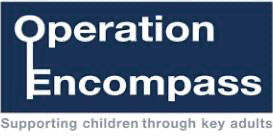Religious Education Intent Statement
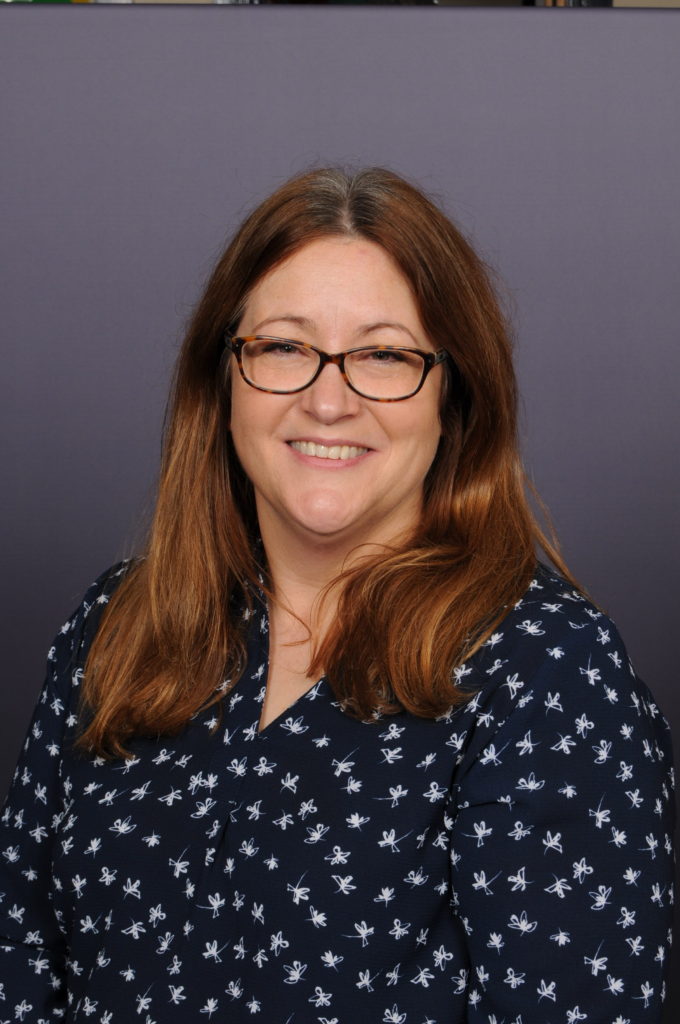
Religious Education Subject Leader: Mrs Guest
Durham Lane Primary School
Religious Education
Intent: What we aim for our children to achieve through our RE curriculum.
At Durham Lane Primary School, we believe that it is vital for all our pupils to learn from and about religion so that they can understand the world around them. Through Religious Education, pupils develop their knowledge of the world faiths and the connections between them. It develops their understanding and awareness of the beliefs, values and traditions of other individuals, societies, communities and cultures.
Our curriculum ensures opportunities for children to develop positive attitudes and values, to ask questions about the world and to reflect on and relate their learning in RE to their own experiences. It enables pupils to develop respect for, and sensitivity to, others, in particular those whose faith and beliefs are different to their own. The intent is to make sure that children understand the relevance of RE in today’s modern world and how it affects our lives.
At Durham Lane, we aim to maximise the opportunities for every child so that they know more, remember more and understand more about Religious Education.
Implementation: How we will achieve our aims.
At Durham Lane, RE is taught in accordance with the Stockton Agreed Syllabus for Religious Education which was renewed in 2019. The content of the curriculum reflects the fact that religious traditions in Great Britain and in Eaglescliffe are in the main Christian, while taking account of the teaching and practices of other principal religions. Our lessons are high quality, coherent, progressive and make cross-curricular links.
An outline of RE units taught across Early Years, Key Stage 1 and Key Stage 2.
| Term | Autumn | Spring | Summer |
| Early Years | Belonging: Learning about others through stories. Festivals/Beliefs and Practices: Christmas Symbols: Tree and Cross | Belonging: The Muslim family. Festivals/Beliefs and Practices: The new life symbols of Easter | Festivals/Beliefs and Practices: Fasting at Ramadan and the festival of Eid ul Fitr Christianity – Disciples Jesus and his friends |
| Year 1 | Belonging: How is someone welcomed into Christianity? Festivals/Beliefs and Practices: Why do Christians give gifts at Christmas? | Belonging: Belonging to the Muslim family. Festivals/Beliefs and Practices: What do Christians remember at Easter? | Founders and Leaders: A man called Muhammad. Belonging: Belonging to the Sikh family. |
| Year 2 | Sacred Texts: Why is the Qur’an a sacred book? Festivals/Beliefs and Practices: Why do Christians celebrate at Christmas? | Sacred Texts The Torah: God’s law for the Jews. Festivals/Beliefs and Practices: Why do Christians remember the Last Supper? What did Jesus leave behind? | Sacred Texts The Guru Granth Sahib: a living guru. Founders and Leaders Guru Nanak: an extraordinary life. |
| Year 3 | Sacred Texts: Why did monks copy the Gospels by hand? Festivals/Beliefs and Practices: Why is Christmas a winter festival? | Places of Worship: What is a mosque for? Festivals/Beliefs and Practices: Why is Easter a Spring festival? | Beliefs and Practices Believing and belonging in Judaism Festivals: What is Eid? |
| Year 4 | Festivals/Beliefs and Practices: Diwali: The festival of Light. Festivals/Beliefs and Practices: What is the “Big Story” of Christmas? | Festivals/Beliefs and Practices: Do all Buddhists believe and celebrate the same thing? Festivals/Beliefs and Practices: What actually happened at Easter? | Beliefs and Practices: Muslims in Britain and around the world. |
| Year 5 | Places of Worship: The Gurdwara. Festivals/Beliefs and Practices: Is Christmas too commercial? | Beliefs and Practices: Food and drink: what are religious rules for? Festivals/Beliefs and Practices: Who is responsible for Jesus’ death? | Worship in the Home: What is worship and what is it for? |
| Year 6 | Rites of Passage: From life to death, what role does religion play? Festivals/Beliefs and Practices: Why are the Gospel accounts different? | Expressions of faith through Art: Is faith always the same? What does art tell us? Festivals/Beliefs and Practices: Why is Jesus’ death seen as a victory? |
The key religious concepts, knowledge and vocabulary are revisited and developed throughout school. We encourage children to question each other, think critically and discuss their knowledge during and after topics have been taught. This allows children to review their prior knowledge, make sure it is secure and build upon it.
Our progression of skills in RE starts in People and Communities in the Early Years and ends in Upper Key Stage 2. It progresses through the following areas of skill:
- Thinking About Religion and Belief
- Enquiring, Investigating and Interpreting
- Beliefs and Teaching (what people believe)
- Practices and Ways of Life (what people do)
- Expression and Language (how people express themselves)
- Identity and Belonging (making sense of who we are)
- Meaning and Purpose (making sense of life)
- Values and Commitment (making sense of right and wrong)
Our Religious Education curriculum is enhanced further with visits to places of worship in our local area, visits from specialist speakers and parents and religious assemblies.
Impact: How we will know we have achieved our aims.
The RE curriculum will promote inquisitive minds, respect, tolerance and understanding. Our lessons enable high quality work to be produced and evidenced, showcasing a deep understanding of the main religions of the world and their community. This evidence will be seen through using the correct vocabulary, explanations and respectful opinions in class discussions, evidence seen in books as well as cross-curricular evidence such as religious and cultural art work, drama, craft and presentations. Our teaching enables children to extend their own sense of value and promotes their spiritual growth and development. Parents do have the right to withdraw their child from all or part of the RE curriculum, if you wish to do so, please contact the Head Teacher, Mrs Gregory.
RE in Early Years Foundation Stage
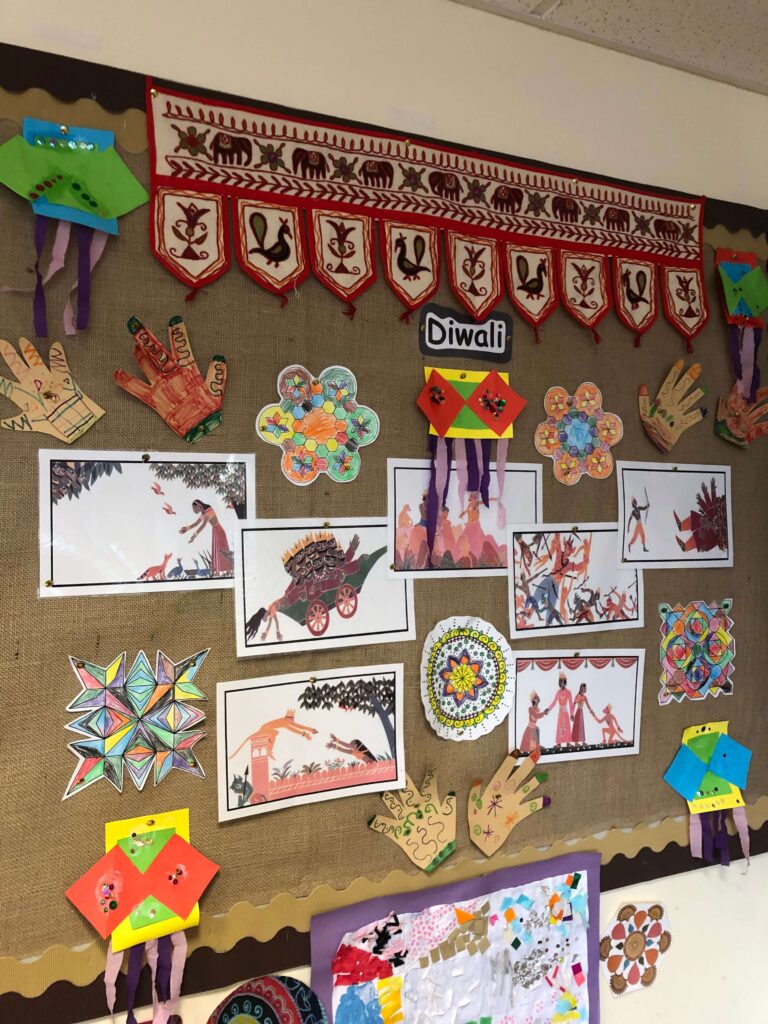

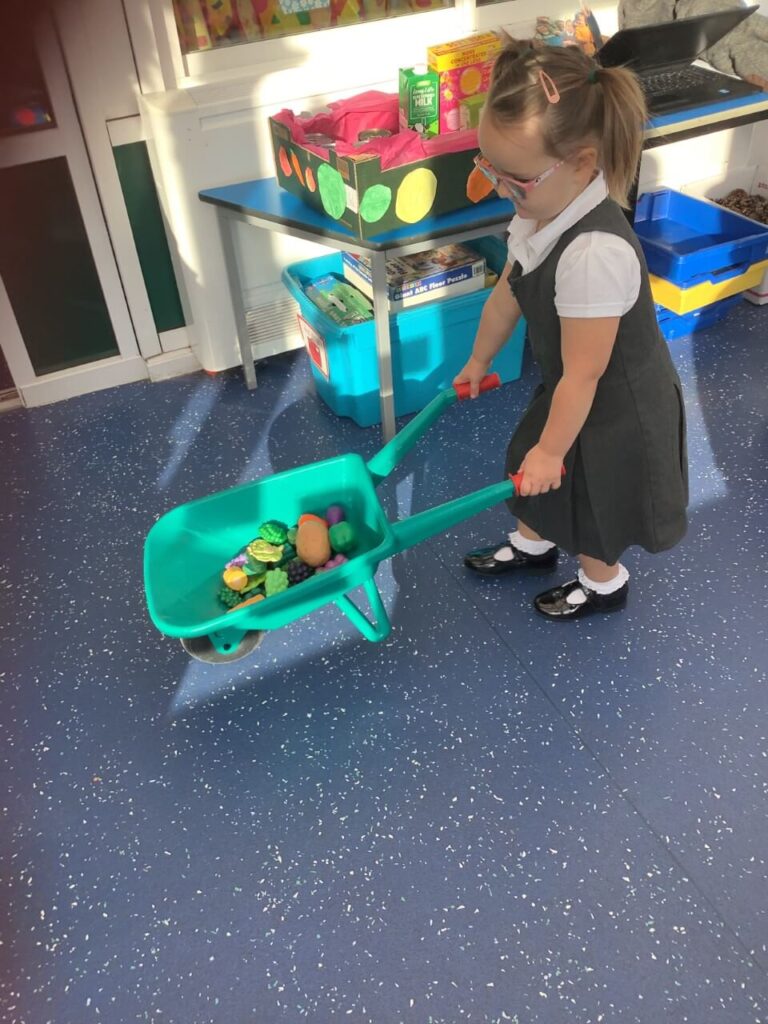
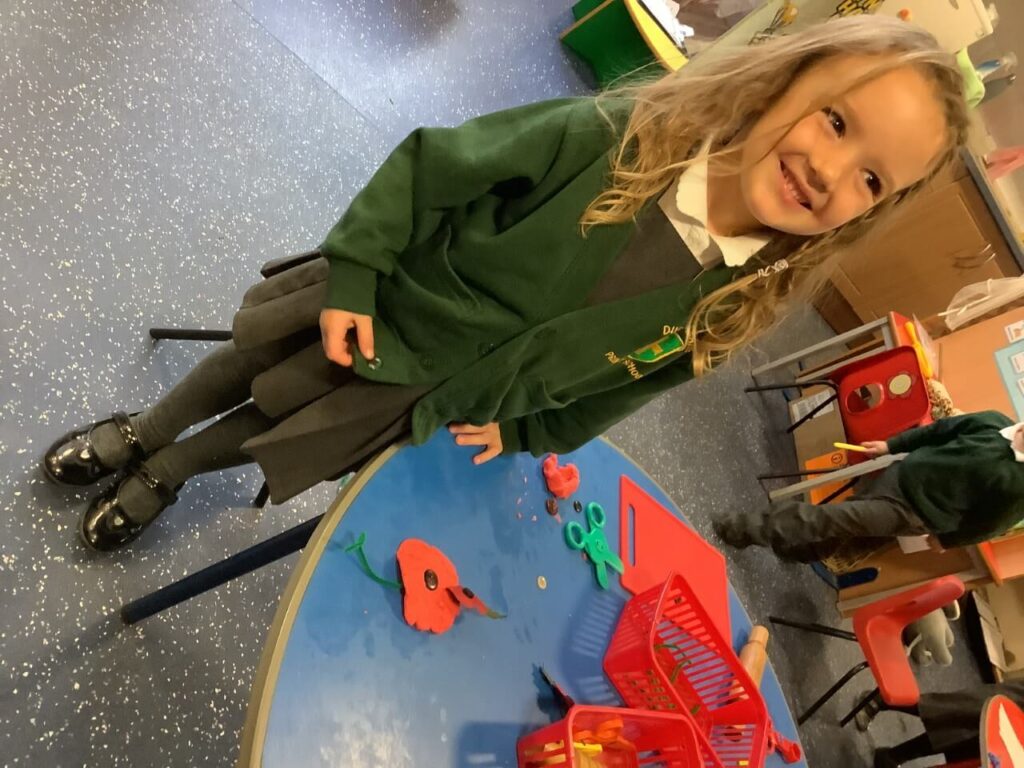
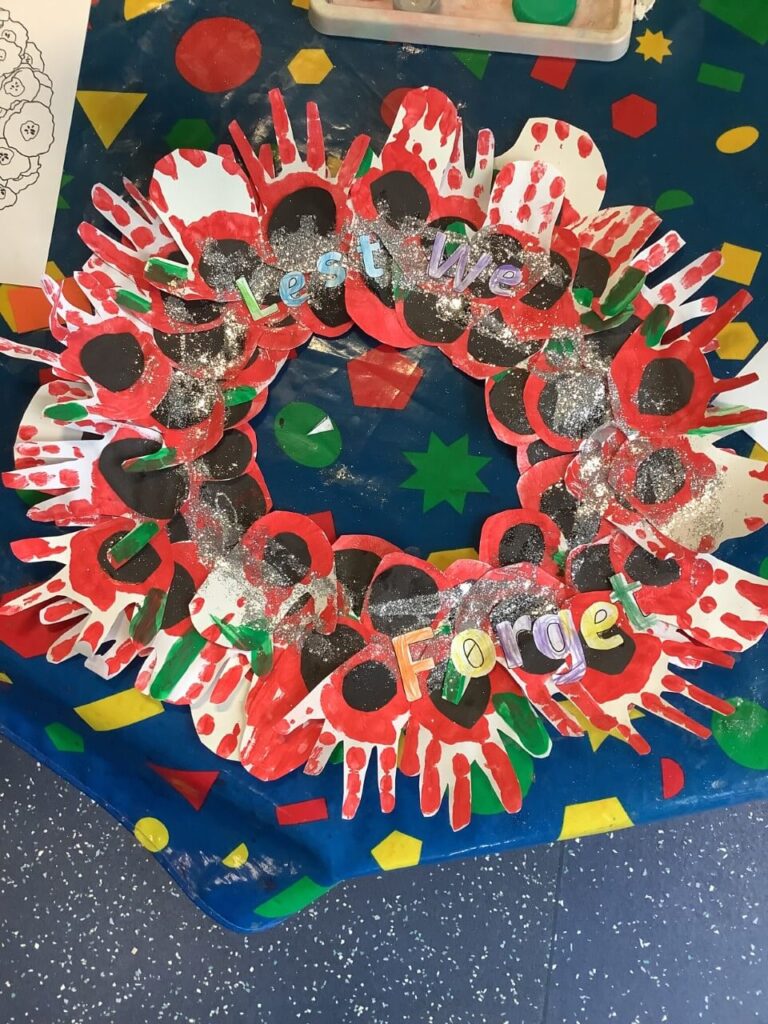
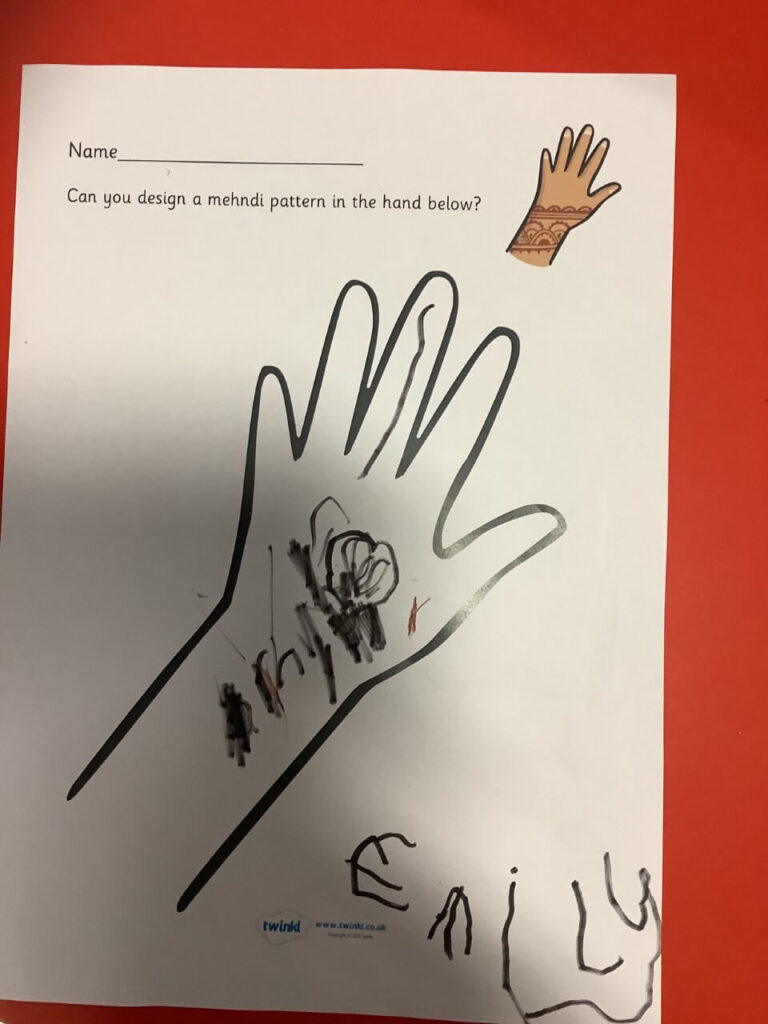
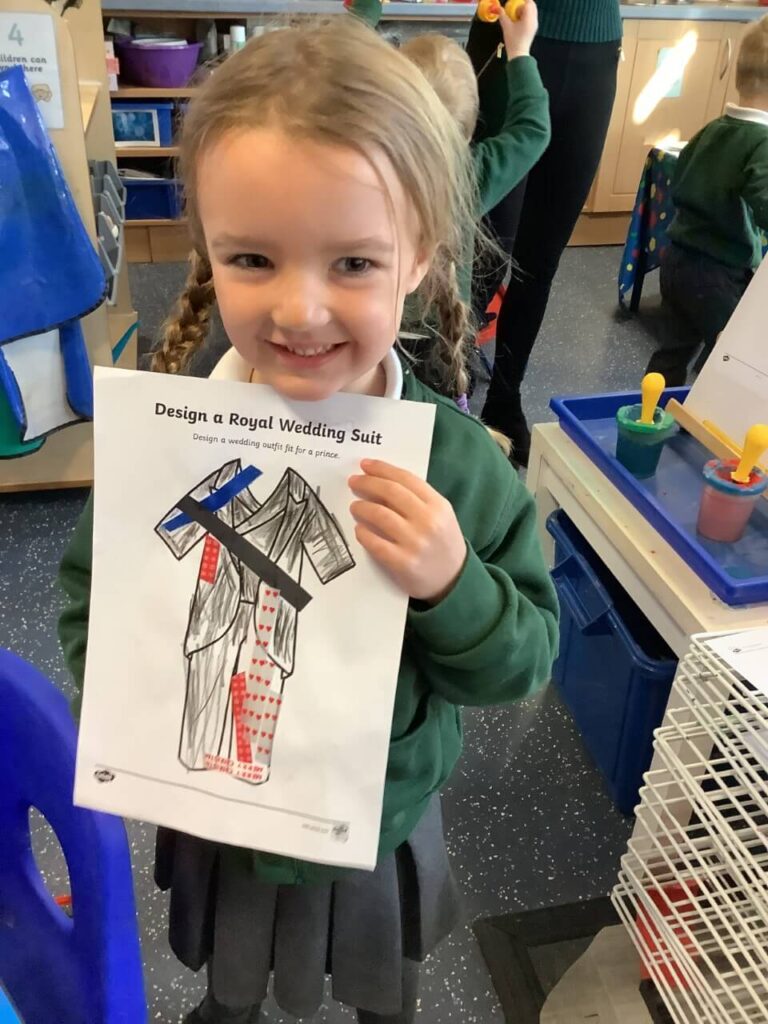
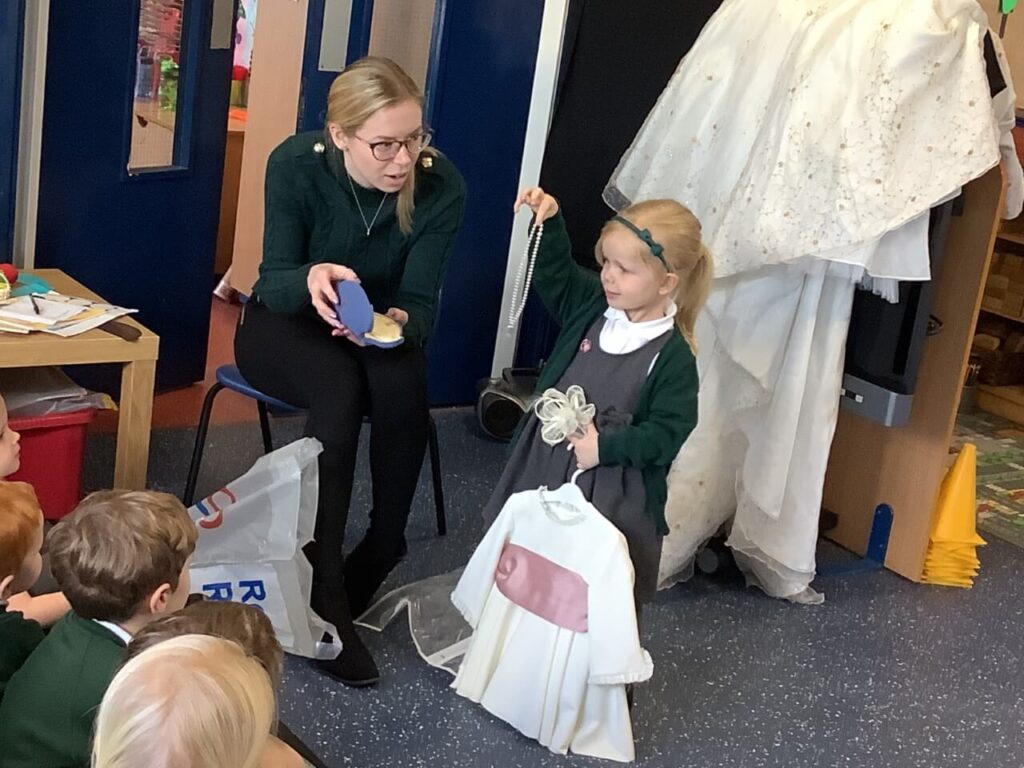
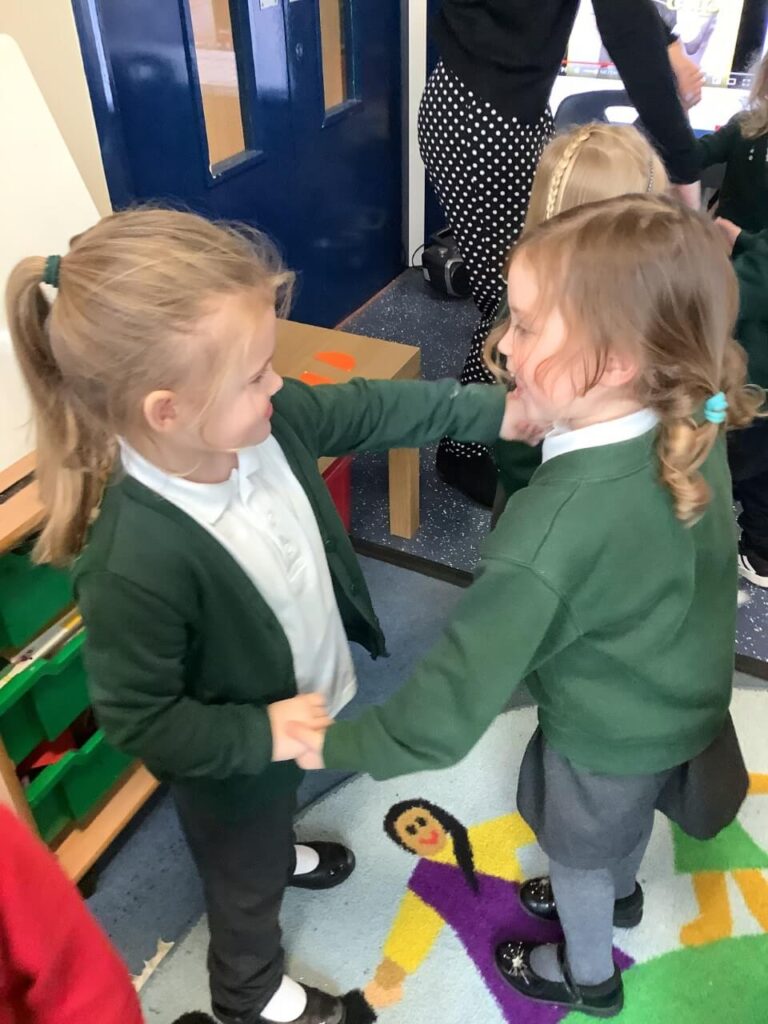
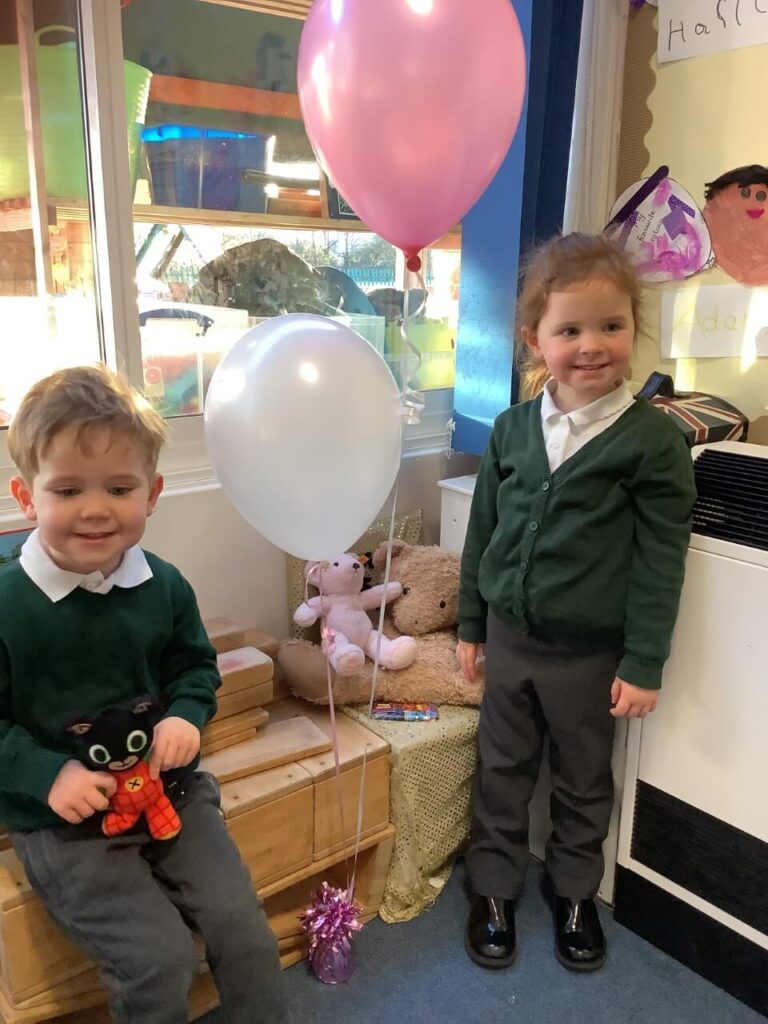
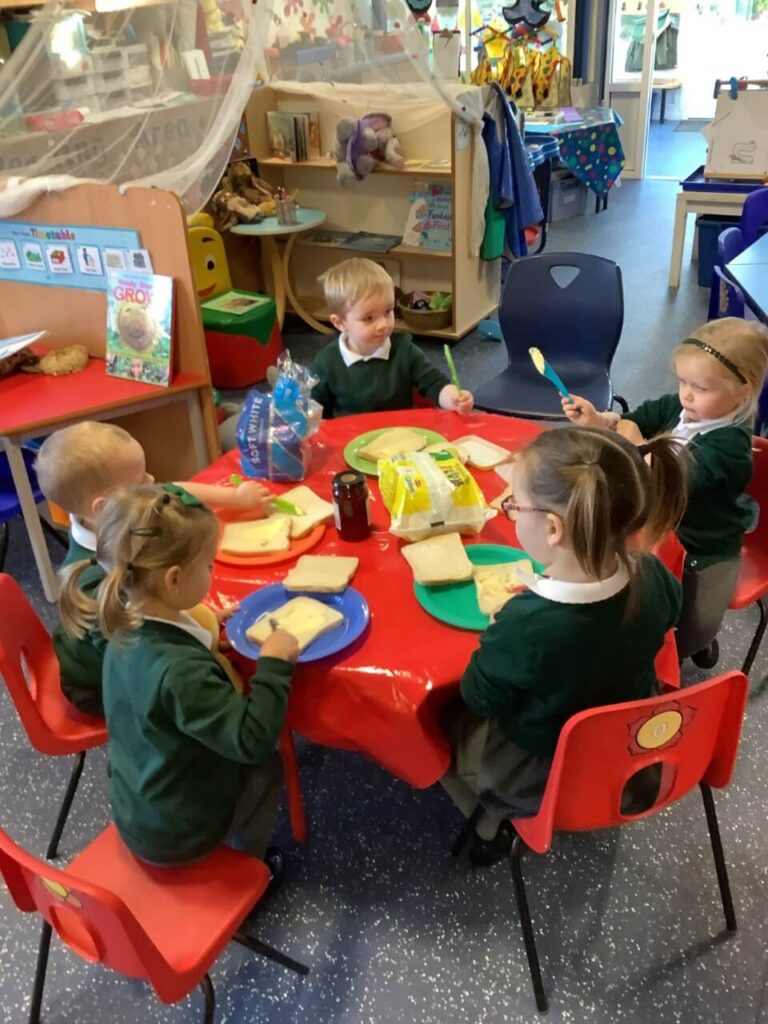
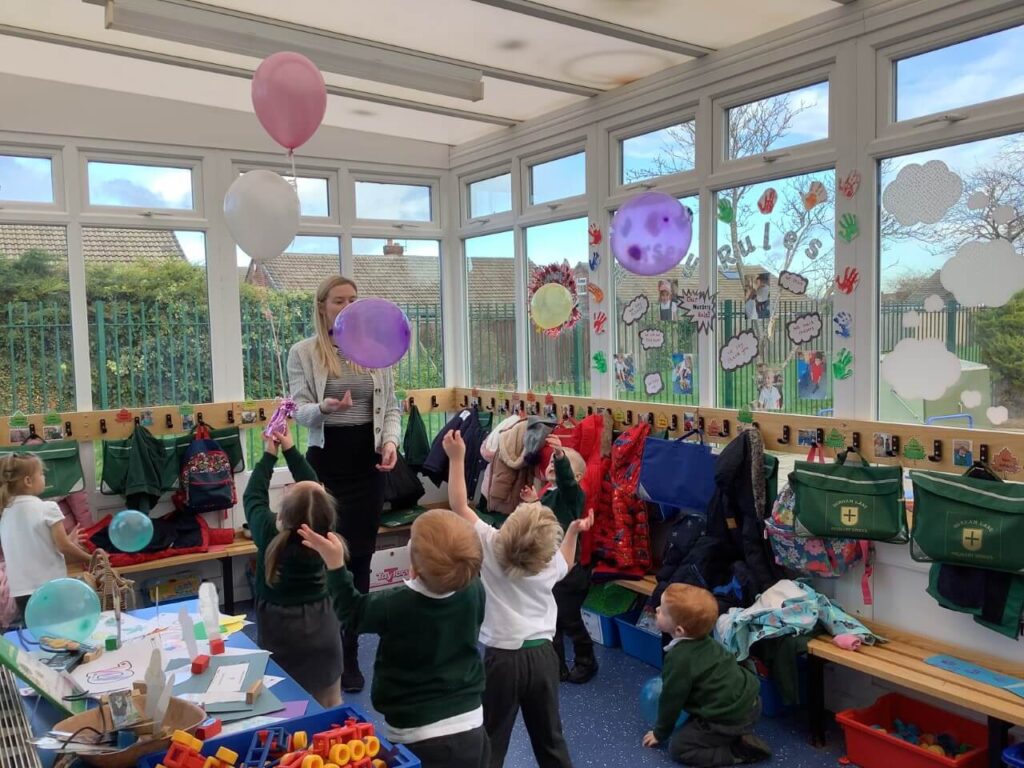
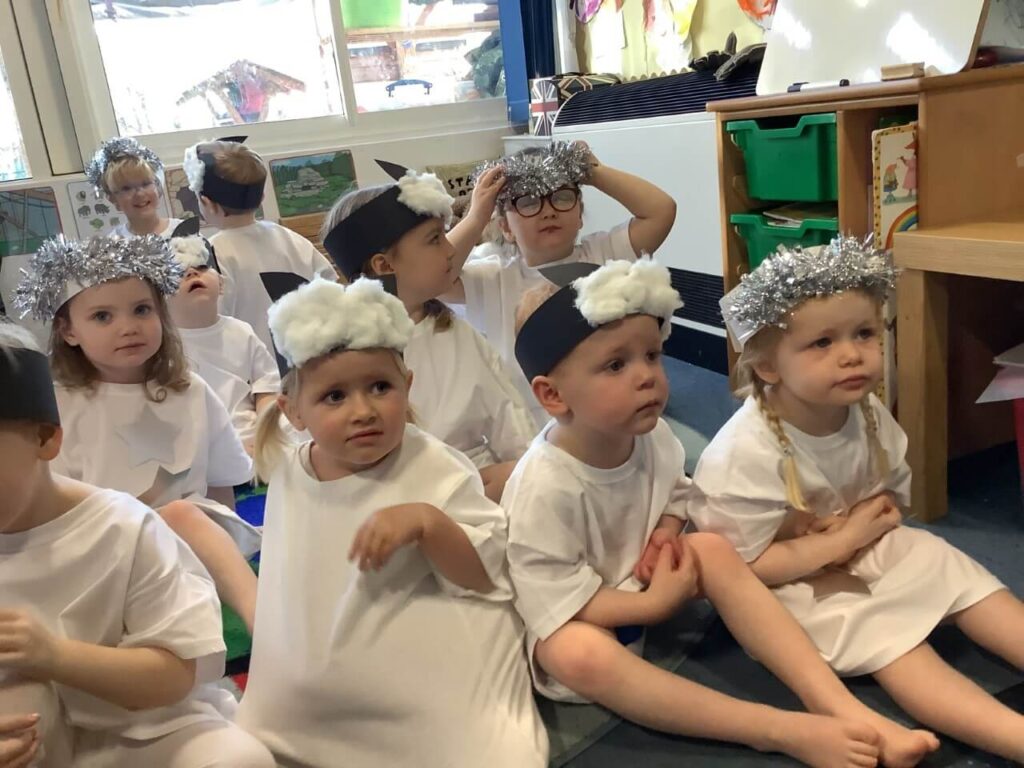
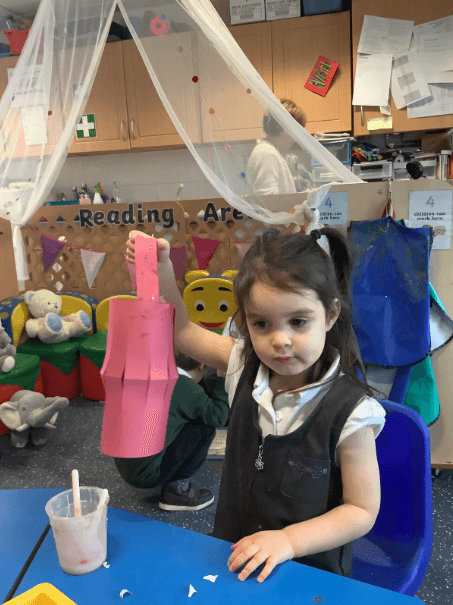
RE in Key Stage One
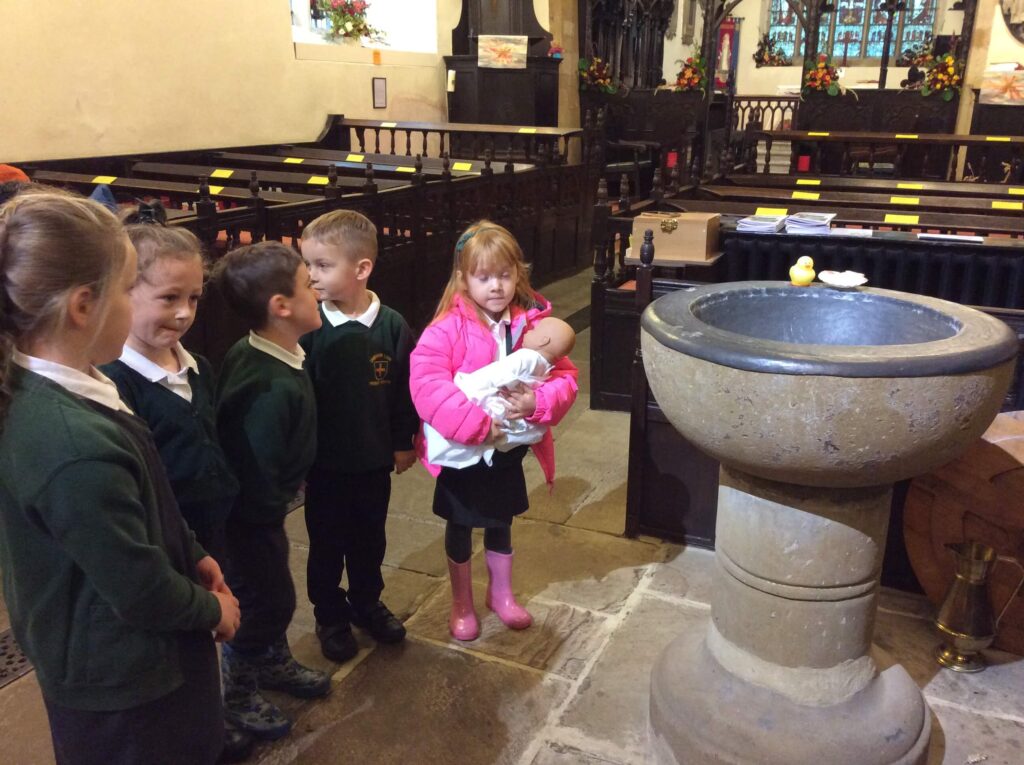
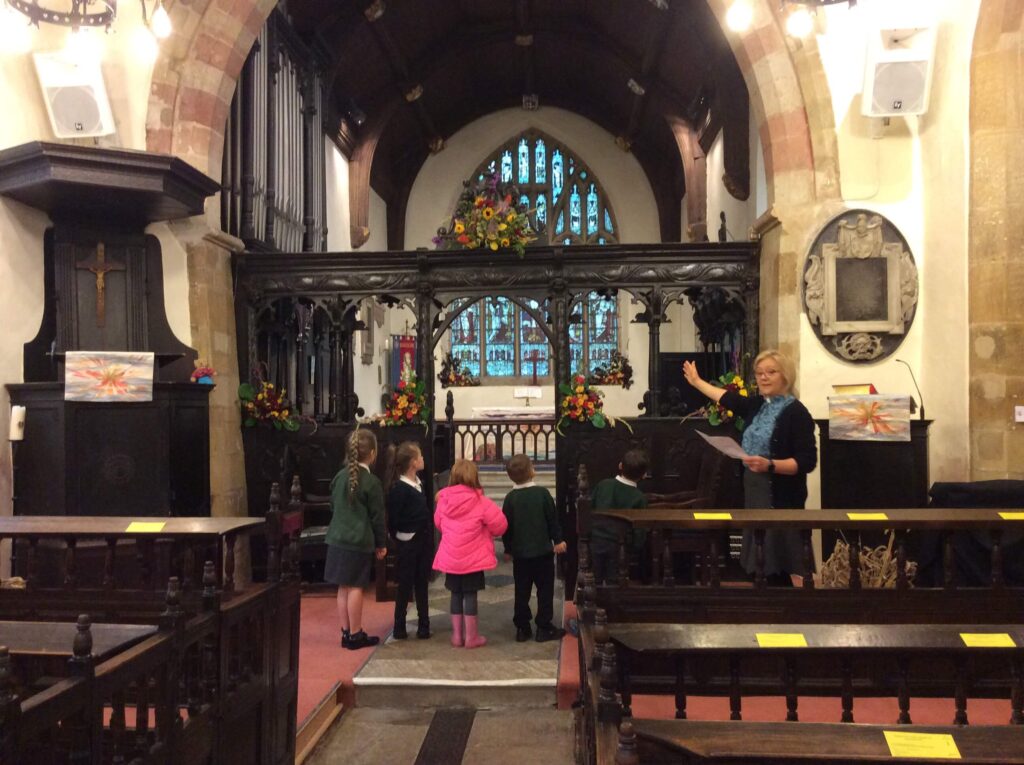
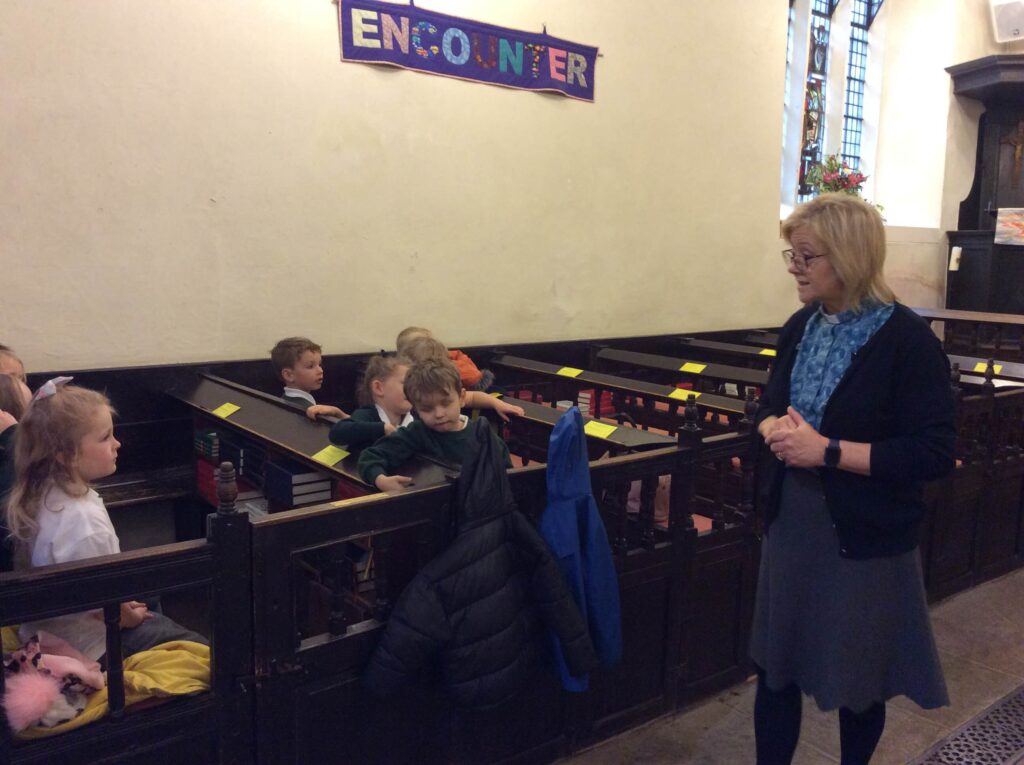
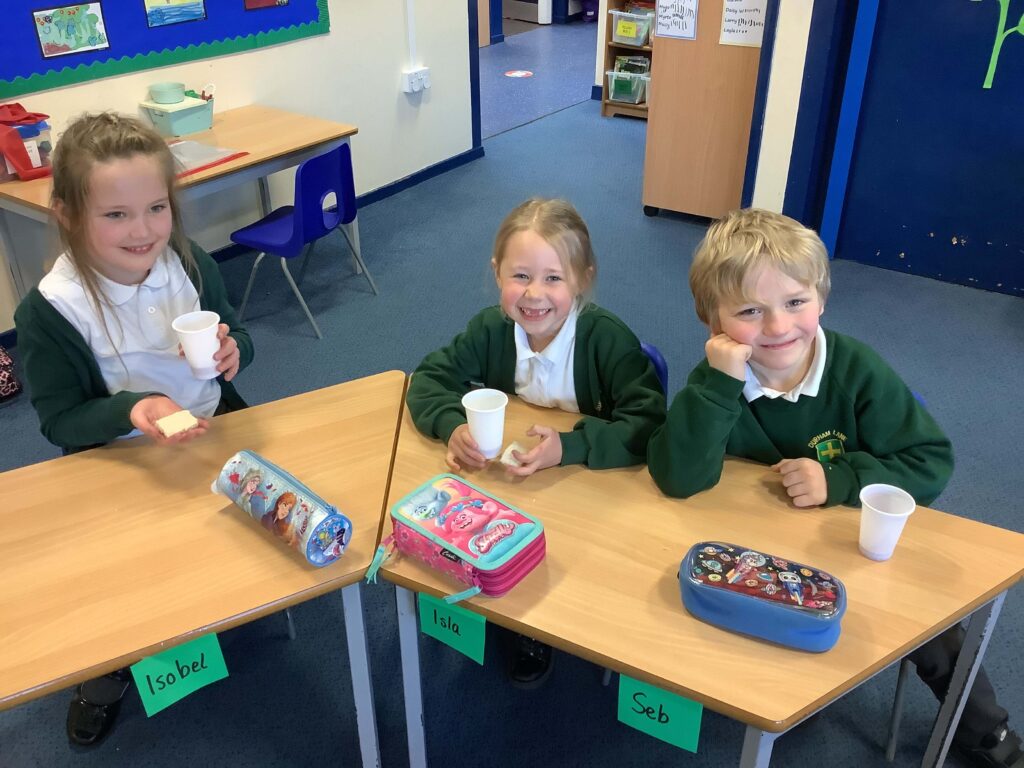
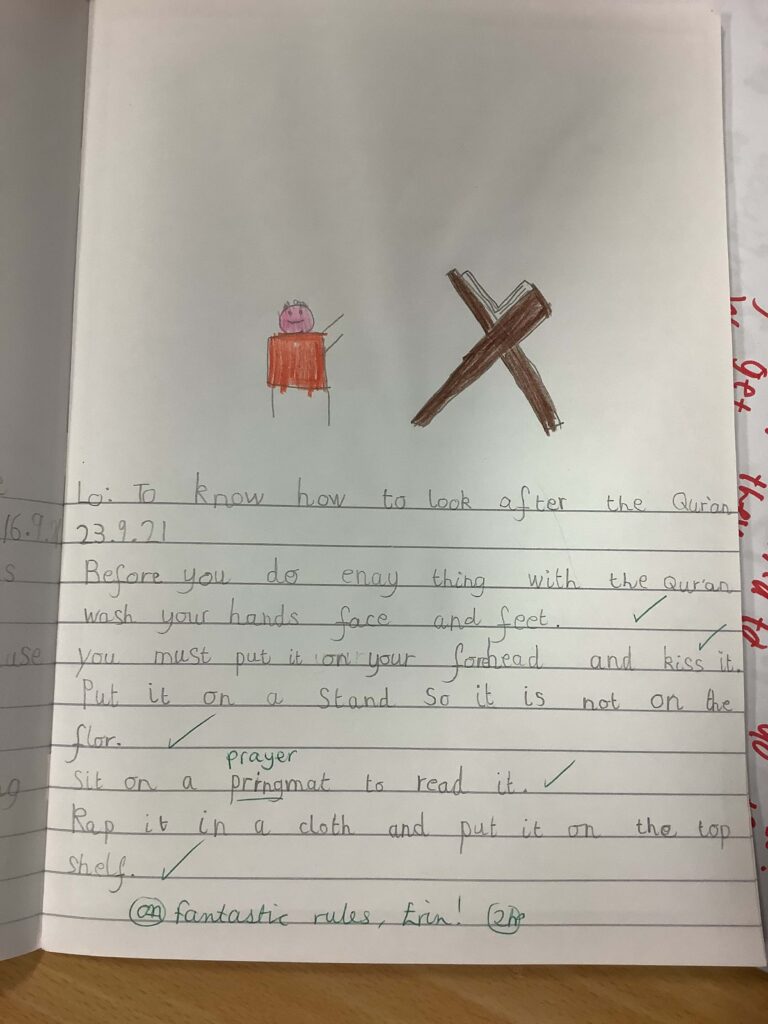
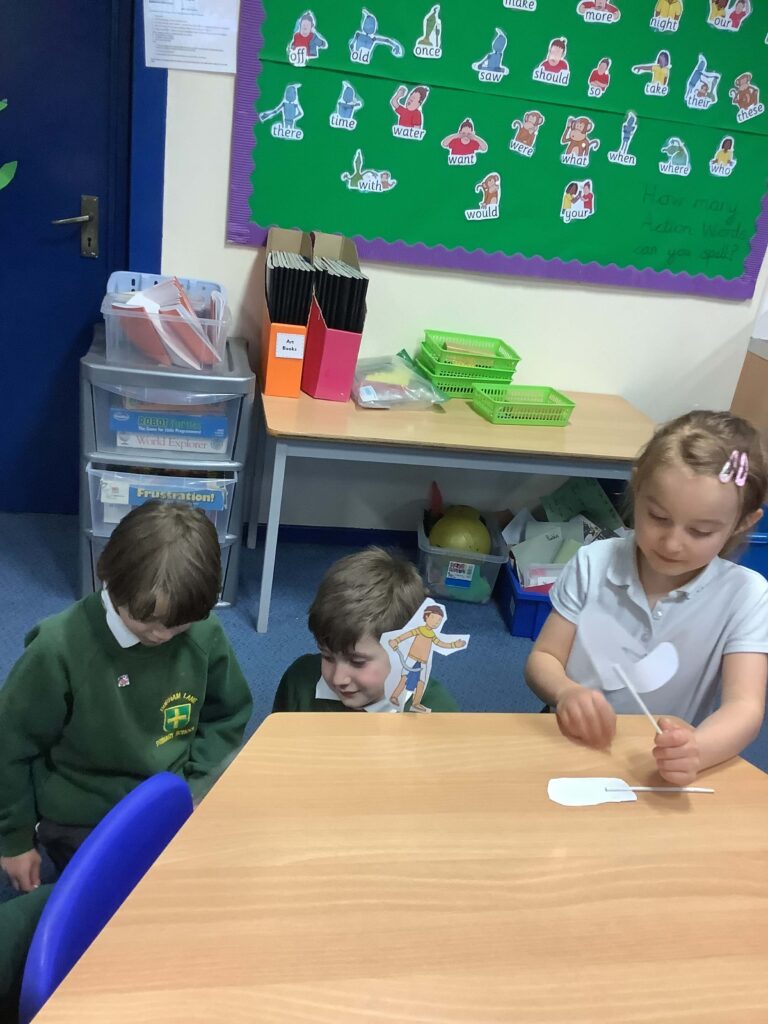
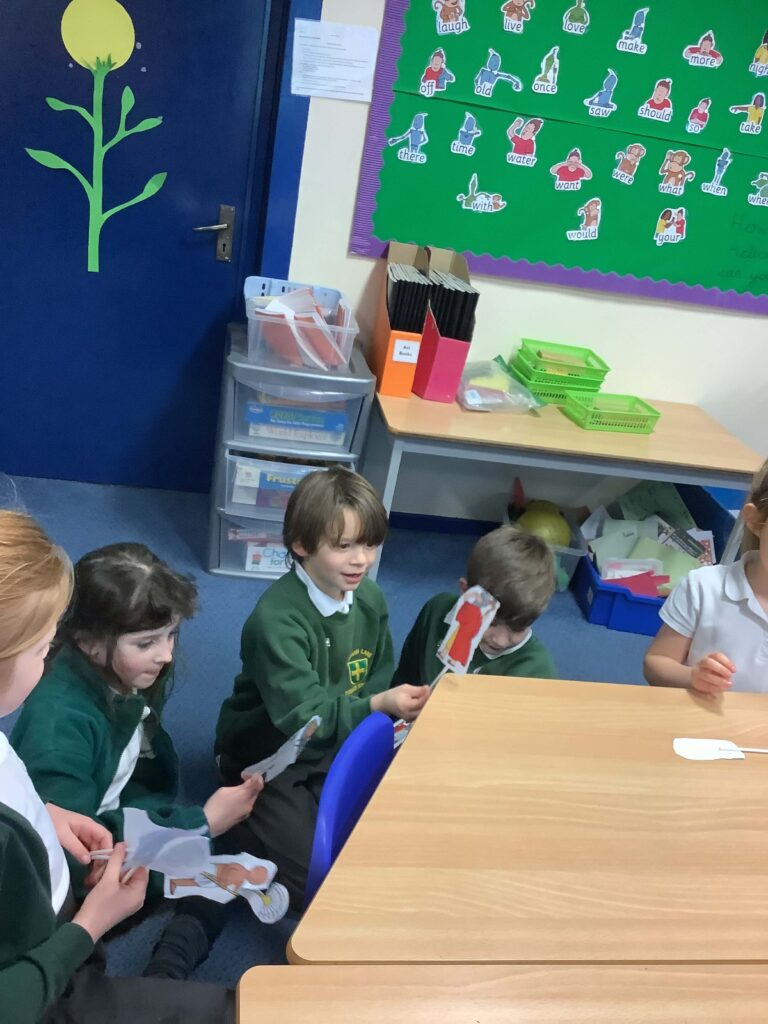
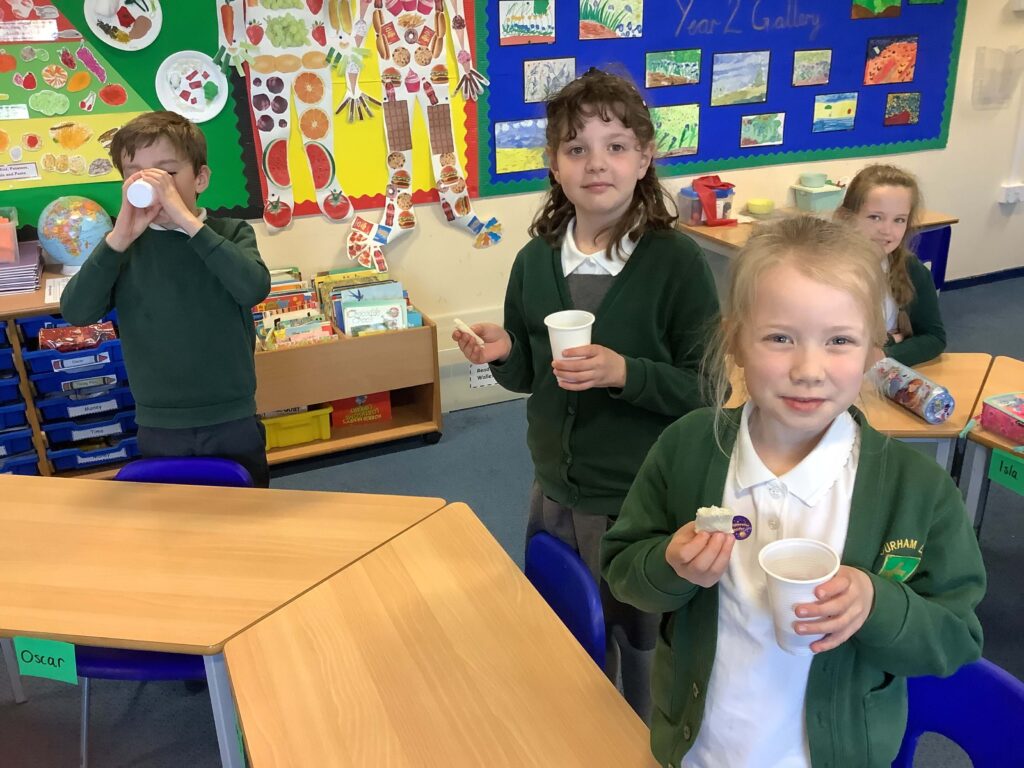
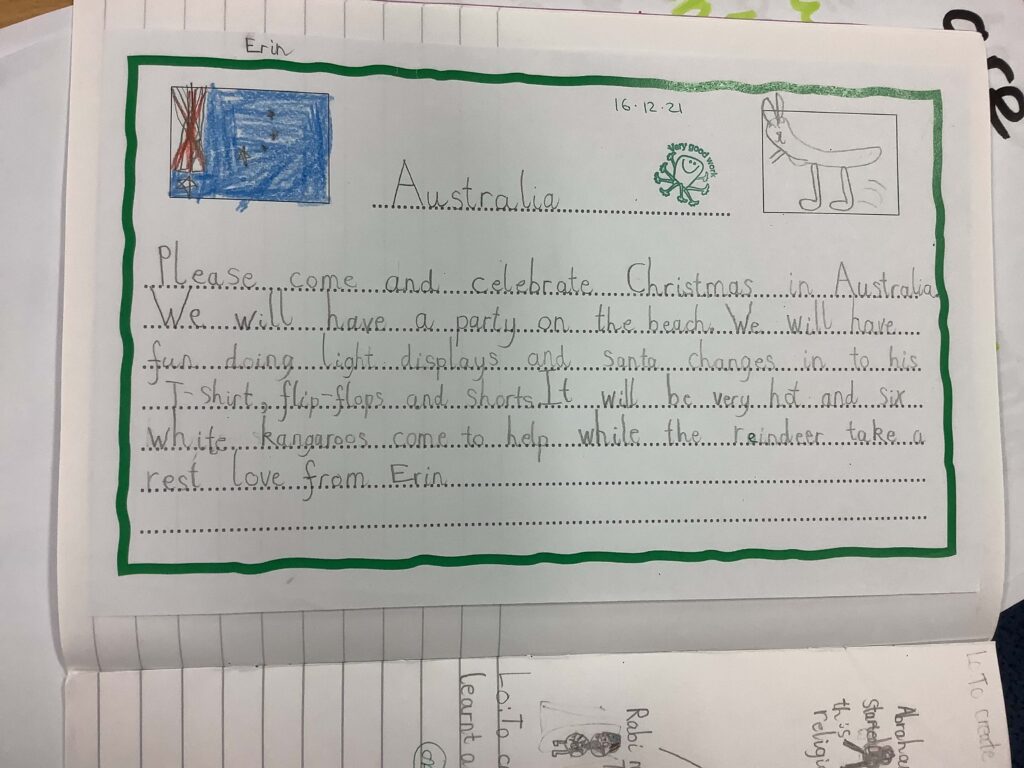
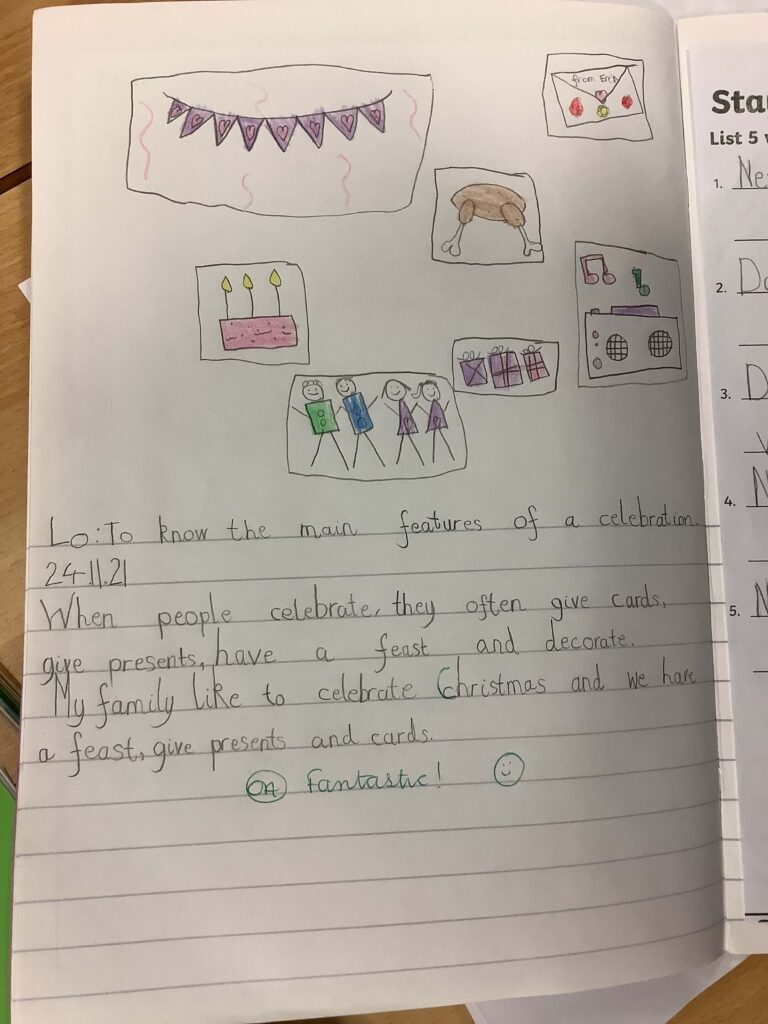
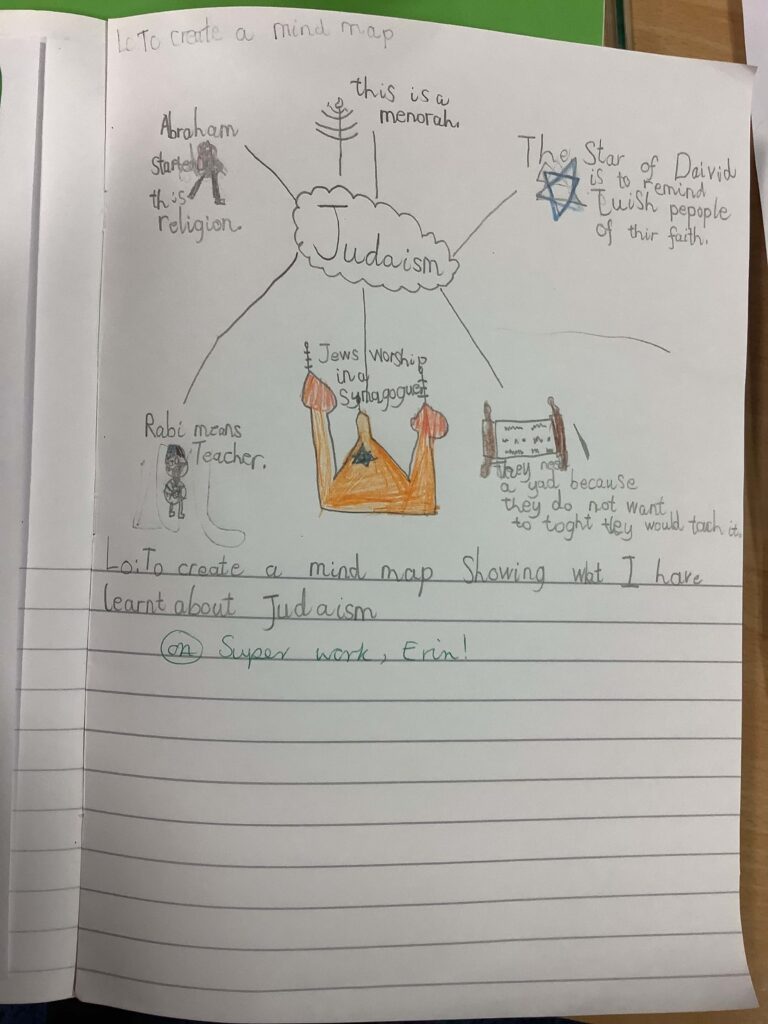
RE in Key Stage Two
